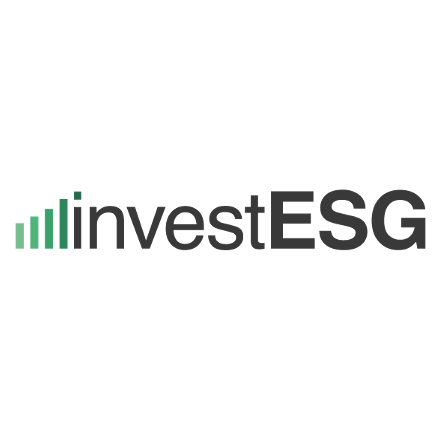Balancing decarbonisation, global competitiveness and social justice in Europe is challenge. Pension funds see potential for simplification of interconnected legislation.


Photo credit: Alexander Mils / Unsplash+
Institutional investors in Europe, such as pension funds, insurance companies, corporates, foundations and sovereign capital pools have developed sustainable investment strategies over the past few years.
The European Green Deal and the following regulatory reforms initially represented a challenge for companies and investors but have also unlocked the potential for sustainable strategies and transition plans.
The integration of smart strategies in the business process can improve the resilience of companies and make them more successful - financially and in ESG terms.
Recent proposals of the EU Commission ("Omnibus") were interpreted as far reaching by a number of organizations, notably Eurosif.
On 3 February a joint statement published by three leading European investor organisations - Eurosif, IIGCC and the PRI (representing a combined €6.6 trillion assets) - warned that “reopening these regulations in their entirety risks creating regulatory uncertainty and could ultimately jeopardise the Commission’s goal to reorient capital in support of the European Green Deal.”
How can positive returns and ESG impact be achieved in 2025?
The MAPFRE investment teams's view is that Donald Trump's return to the White House has been a setback for ESG (environmental, social, and governance) investments. They note that "the Republican has never been a supporter of such policies, and during his first term, he took actions that made this clear, such as the US withdrawal from the Paris Agreement, the key international treaty on climate change". The new US legislature seems to be on a similar path.
"We must recognize that 2024 has been a complicated year for this type of investment (ESG), and the outlook for 2025 does not seem to be improving,” said David Iturralde

“The Green New Deal has been a disgrace,” was the Trump view in Davos in January, where he promised greater deregulation and also aimed to reverse policies in favour of sustainability and the fight against climate change. “The election of Trump as president of the United States hampers the evolution of these strategies, as it brings a distinctly negative outlook, with expectations of a weakening in both regulatory and political support,” Iturralde added.
Following MAPFRE's assessment of the situation in Europe, the commitment to ESG from the main institutions seems to remain clear, although stakeholders have to wait and see how the Old Continent adapts to this new situation without losing competitiveness on the international scene.vid“Europe must decide whether to maintain its strict decarbonization plans, with the short-term costs it entails, or adapt them, also seeking to preserve the competitiveness of its industry, principally automotive, at a politically complicated time for both Germany and France.” David Iturralde, Head of Fixed Income at MAPFRE Asset Management.
What about Europe?
Pension funds and other investors also felt that different regulatory elements were not well coordinated in Europe. SFDR was introduced in 2021 when the ESG data landscape was still very undeveloped. Financial advisors were required to question the sustainability preferences of their retail and wealth management clients before companies started to provide reliable data. SFDR will undergo a review and reform process and many investors and asset managers are hoping for a more coordinated reform process.
PensionsEurope secretary general, Matti Leppälä, said: “It is a positive step that the European Commission presented its first omnibus proposal with a clear purpose to simplify and streamline different interconnected legislation on sustainable finance. Over the past years, the regulatory burden on pension funds has continuously and significantly increased due to cross-sectoral/horizontal legislation such as sustainable finance and digital agenda regulation."
European pension funds represent an important investor segment which are integrated in many sectors of the economy.
“In many EU countries, occupational pensions are part of the employment conditions, which are negotiated between employers, employees, and their representatives. This distinguishes pension funds’ members and beneficiaries from retail investment fund customers. Therefore, the specificities of our sector need to be understood, and it is our firm belief that proportionality always needs to be considered,” Matti Leppälä concluded.
Published by
 investESG
investESG
 investESG
investESG

